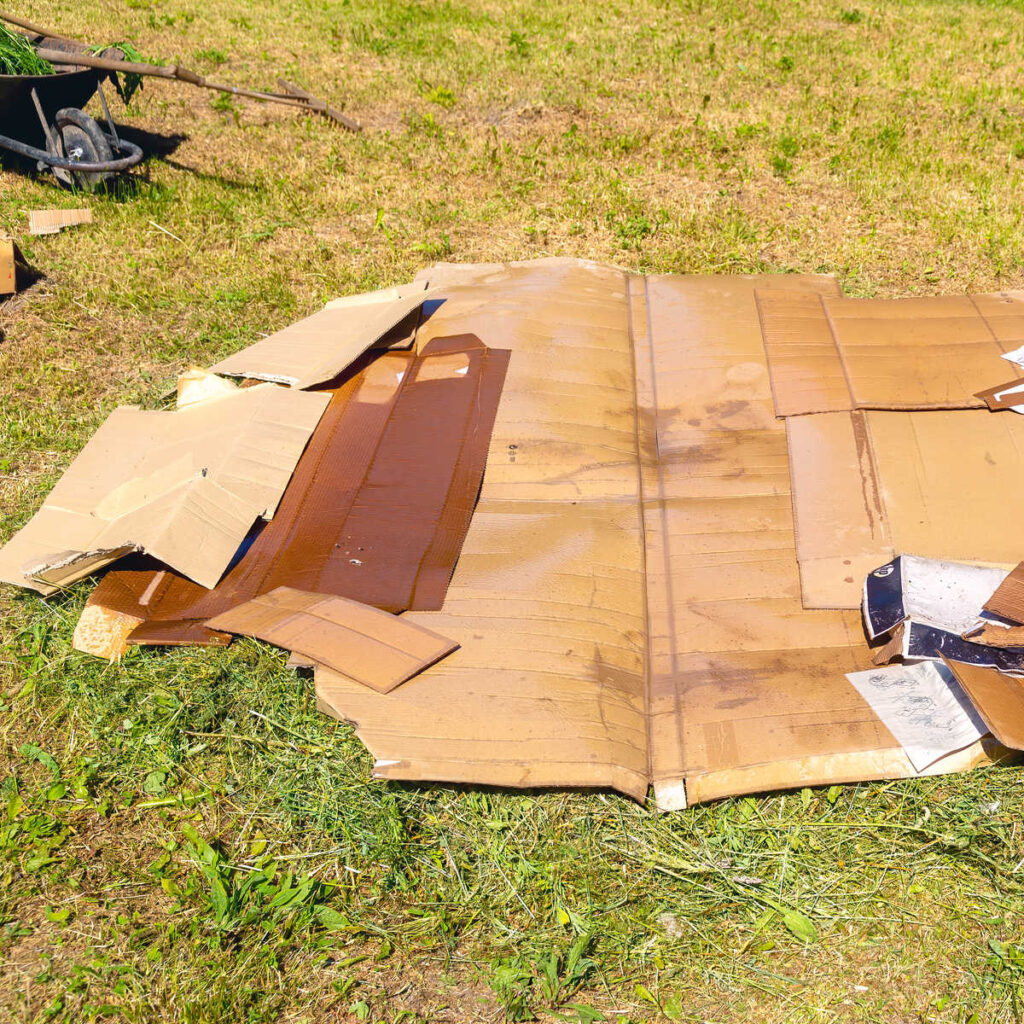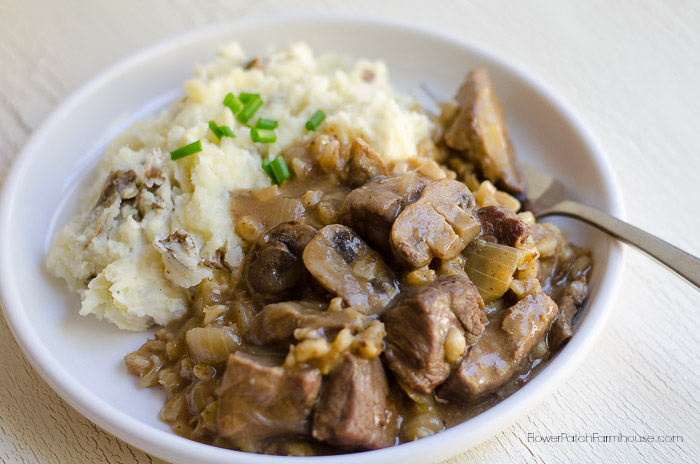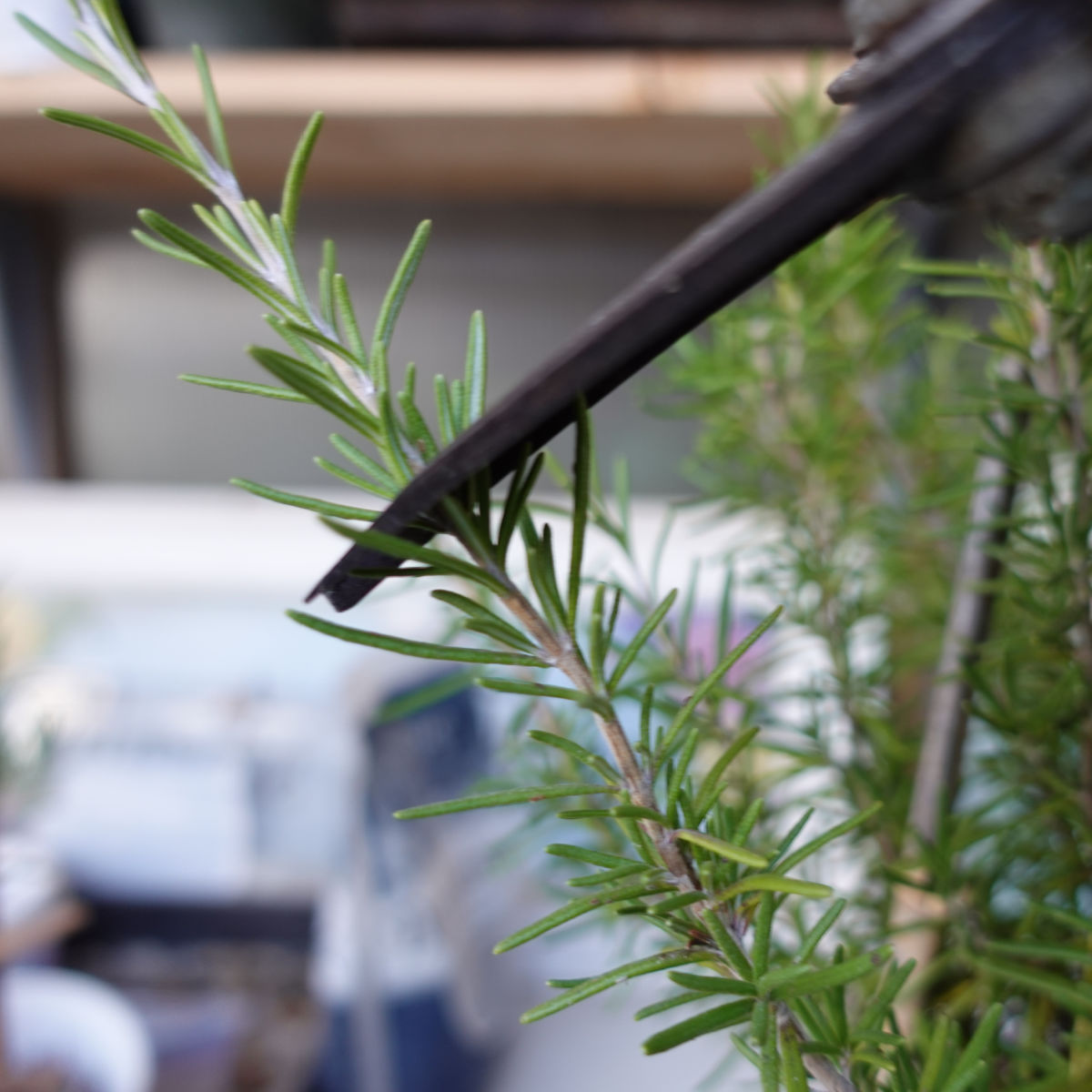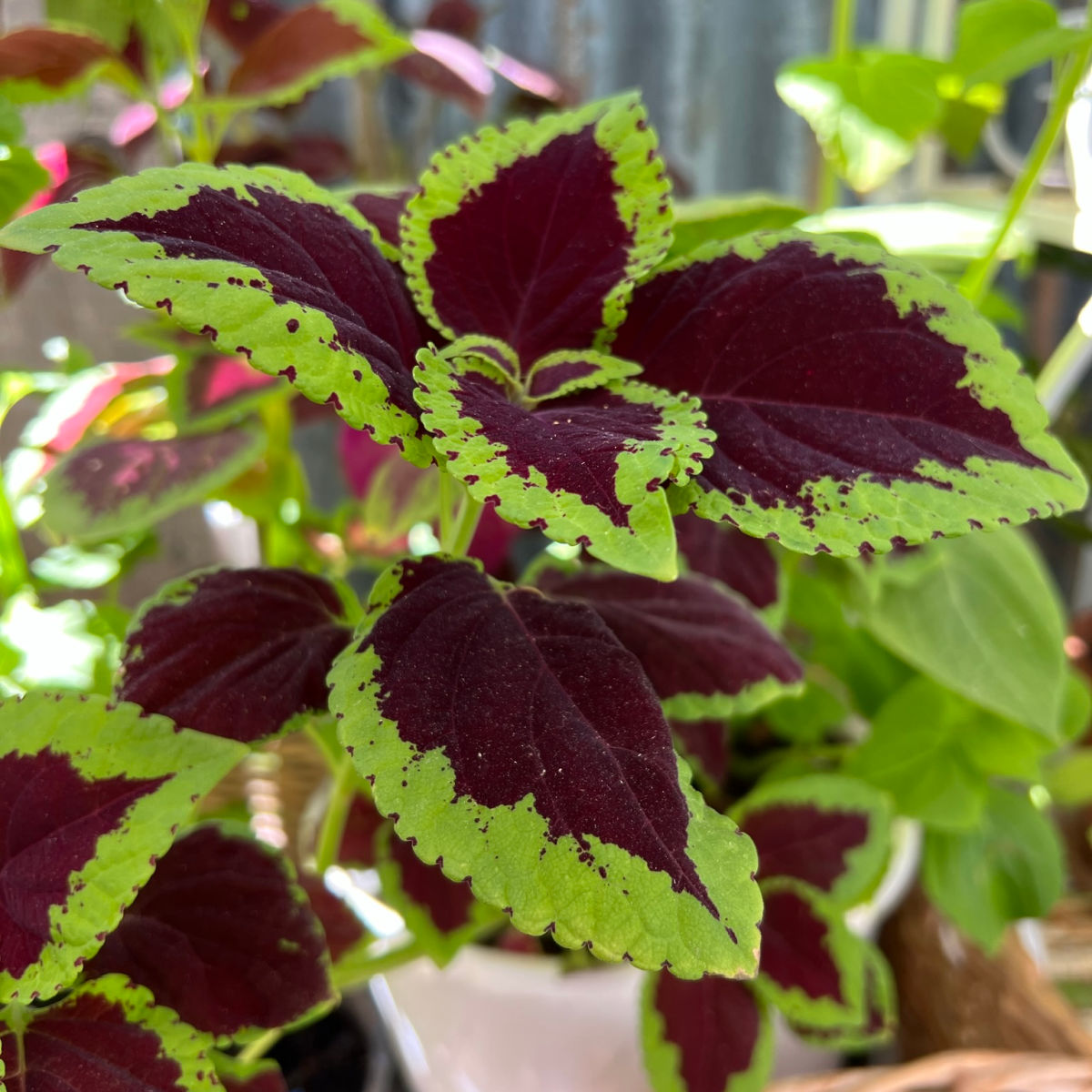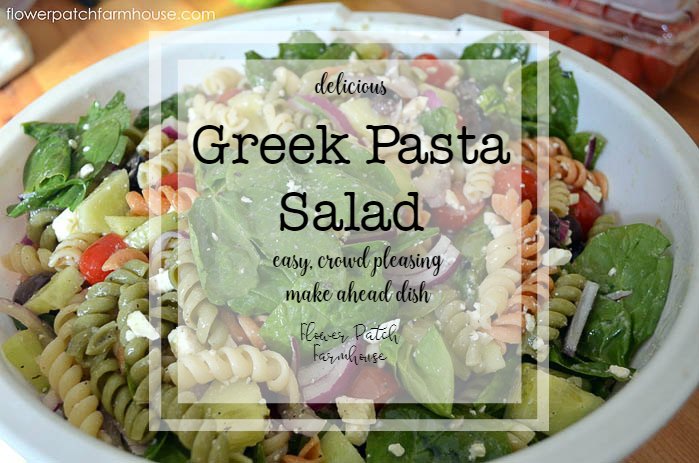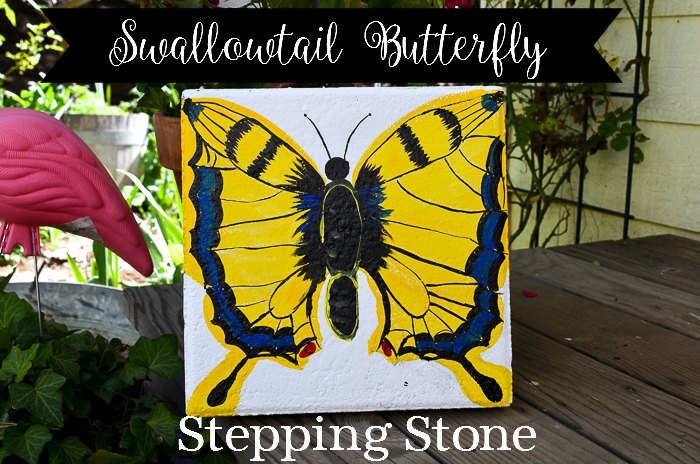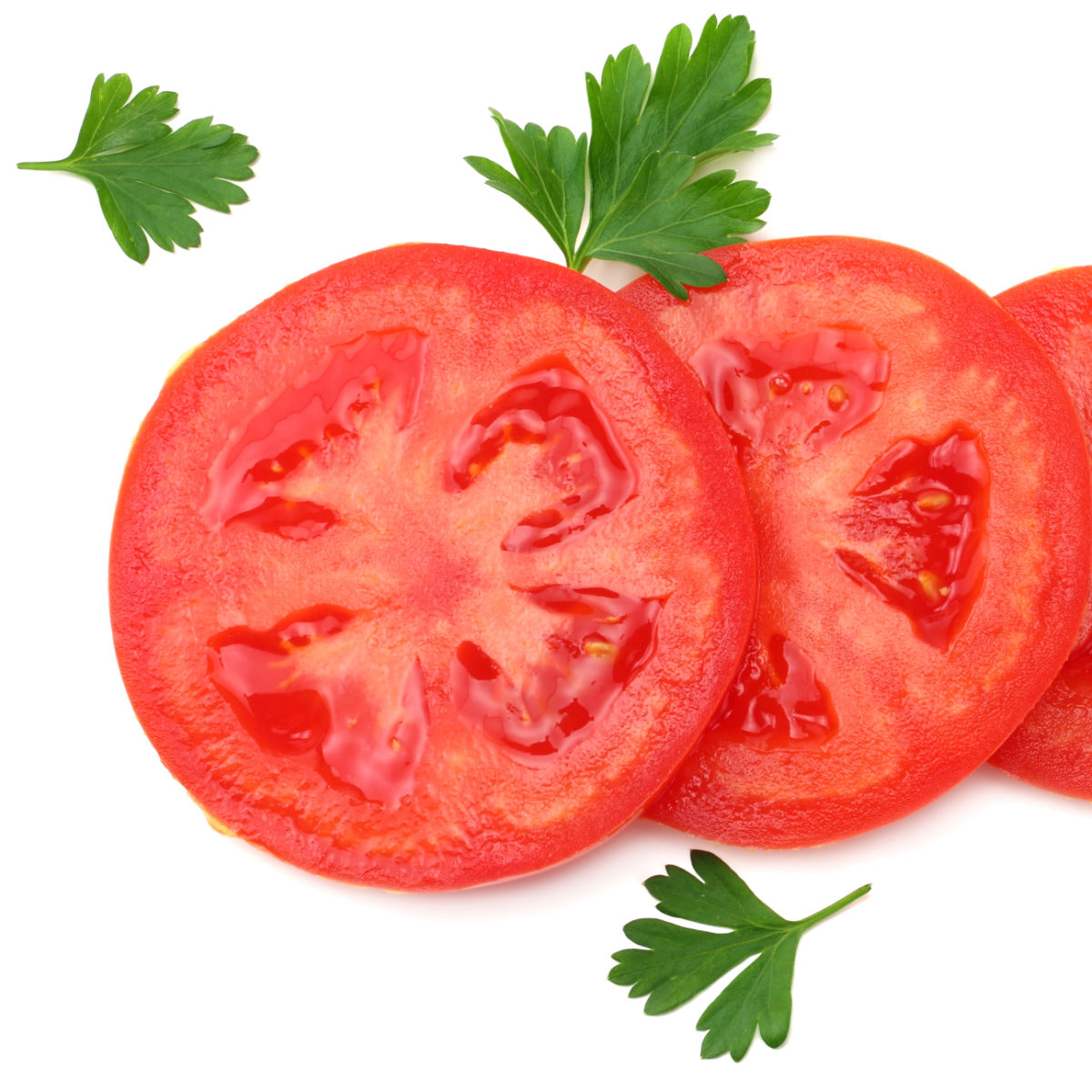15+ Types of Garden Mulch to Boost Your Plant Growth and Beautify Your Garden
Garden mulch is a layer of material that is spread on top of the soil to protect and nourish your plants.
Mulch can help your garden in many ways, such as suppressing weeds, conserving moisture, regulating soil temperature, and adding nutrients to the soil.
Do you dream of a lush, vibrant garden that flourishes with healthy plants and beautiful blooms?
If so, then you need to know about the secret weapon that gardeners all around the world are using to give their gardens a boost – garden mulch!
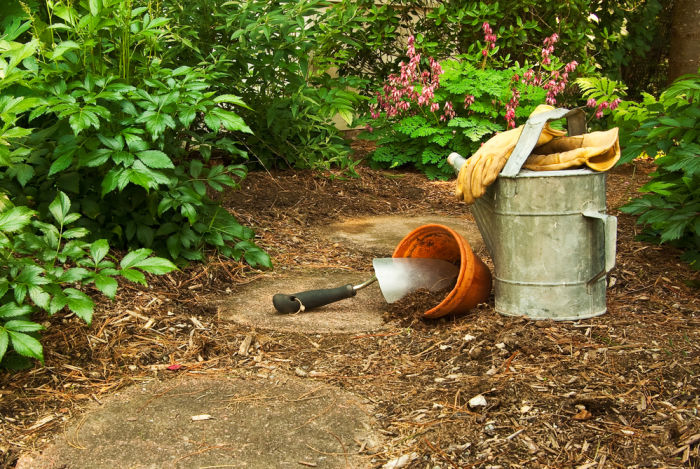
This simple layer of material spread on top of the soil can work wonders in suppressing weeds, retaining moisture, regulating soil temperature, and adding nutrients to the soil.
From humble wood chips to shredded pine needles, there are so many types of mulch available that can transform your garden into a thriving oasis.
Get ready to discover the exciting world of garden mulch and unlock the potential of your green thumb!
Organic Mulch
Before we begin discussing the different types of mulches I want to encourage you to use organic mulch.
Organic mulch is a type of mulch that is made from natural materials, such as leaves, straw, grass clippings, wood chips, and bark.
It is an eco-friendly and sustainable way to improve the health of your soil and plants.
Organic mulch slowly decomposes over time, adding essential nutrients to the soil and improving its structure.
All the best garden tips
Build Better Soil
Good organic garden soil is key to having a lush and successful garden season after season. Find out how easy it is to build your soil for longterm benefits!
It also helps to retain moisture in the soil, suppress weed growth, and regulate soil temperature.
Organic mulch is a popular choice for gardeners who are looking for a natural and cost-effective way to enhance their gardens.
In this article, we’ll cover several types of mulch that are commonly used in gardens.
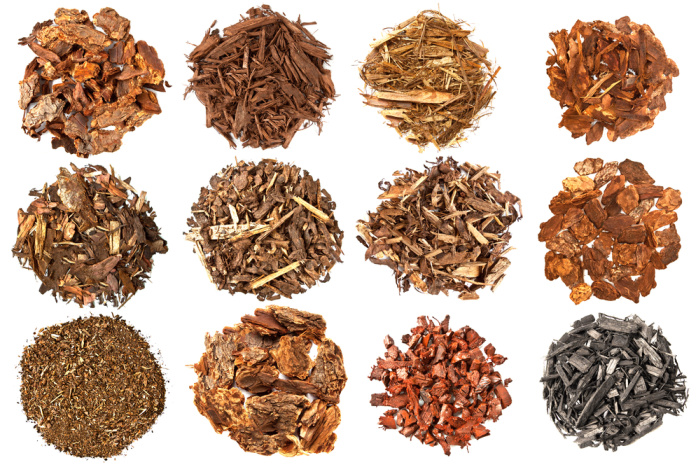
Wood Chip Mulch, Playground Wood Chips
This is one of the most popular types of mulch.
Wood chips are made from a variety of trees and are available in different sizes.
They break down slowly and add nutrients to the soil as they decompose.
The playground wood chips are rated for a 6-foot height fall, but I am sure that depends upon the depth.
But it is good to know if you are considering using this under children’s play equipment.
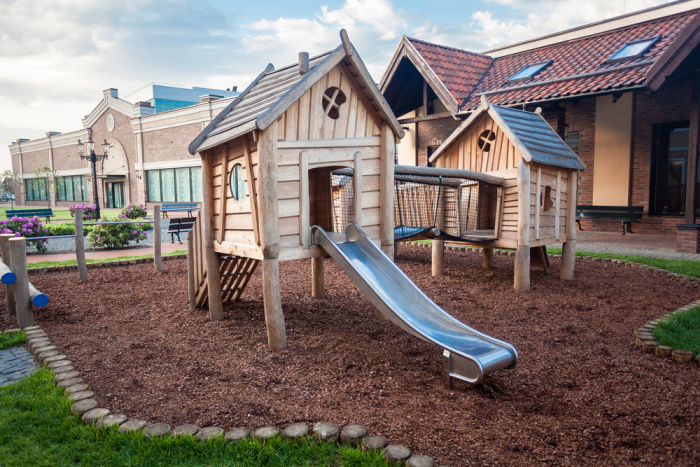
Pine Straw or Pine Needle Mulch
Pine straw is a popular mulch in the southern United States.
It is made from the needles of pine trees and has a pleasant scent.
Pine straw is NOT acidic and can it is a garden myth that it can be used to acidify the soil for acid-loving plants.
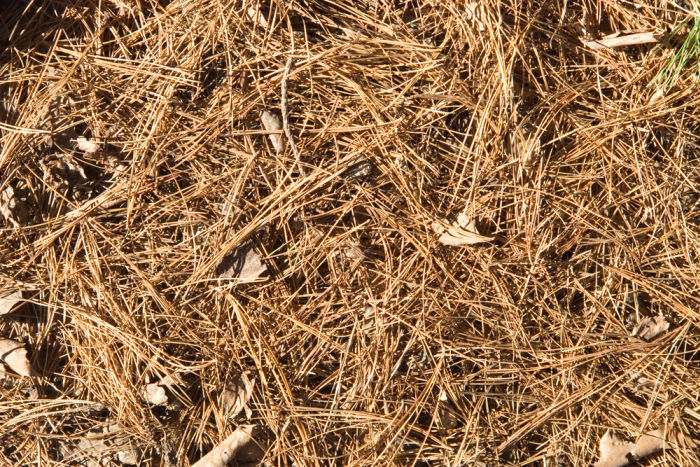
Shredded Leaves
Leaves are an excellent source of organic matter for your garden.
Shredded leaves can be used as mulch to improve the soil structure and add nutrients.
I thought this statistic interesting: Leaves that drop in the fall can supply all the nutrients needed in a vegetable garden. They’ll even supply a wider range of essential nutrients than a bag of 10-10-10 synthetic fertilizers because tree roots draw over a dozen plant nutrients up from the soil and deposit them in leaves. (source)
Grass Clippings
Grass clippings are a free source of mulch if you have a lawn.
They can be used to help retain moisture in the soil and suppress weed growth.
Note: Only use grass clippings from your lawn for organic mulch if you do not use synthetic fertilizers or products on it.
Straw or Hay
Straw is a great mulch for vegetable gardens.
It is easy to spread and can help prevent soil-borne diseases from splashing onto your plants.
Some say to use ‘seedless’ hay or straw but that can be a negative thing.
Seedless could mean that you have hay or straw that was grown in a field treated with a very destructive herbicide (AMINOPYRALID) and it will do more damage than good as it will persist in the products it was used on even if composted.

Note: Did you know that ground cover plants can be considered living mulch? They help in not only weed suppression but also can offer moisture retention.
Cocoa Bean Mulch
Cocoa bean hulls are a byproduct of the chocolate industry.
They are lightweight mulch that breaks down quickly and adds nutrients to the soil.
But there is a deep caution here, the hulls are poisonous to dogs and they seem to like to eat them so I would say there are much safer options out there.
Seaweed
Seaweed is a great mulch for vegetable gardens. It is rich in micronutrients and can help prevent soil-borne diseases.
I don’t have access to it but my friends that live on the coast swear by it, it does break down quickly though.
Compost
Compost is a great source of nutrients for your garden.
It can be used as a mulch to improve soil structure and retain moisture.
Compost is one of my favorite mulches as it looks nice too.
Cedar Mulch
Cedar mulch is made from the bark of cedar trees and has a pleasant aroma.
It has natural pest-repellent properties and is also resistant to decay and erosion.
Some like to buy the black cedar mulch but that has colorant added.
I for one do NOT want additives like that in my garden so be careful of what you get.
Garden Bark
Bark Chippings
Bark chippings are made from a variety of trees and are available in different sizes.
They are natural mulch that breaks down slowly and improves soil structure.
Note: A common misconception is that fresh wood chips tie up nitrogen during their decomposition.
For sure, nitrogen depletion will be a temporary problem when fresh wood chips are incorporated into the soil, which is why we should only use fresh chips as a surface mulch. (fresh, not aged, many sources of bark chippings is aged)
In this case, nitrogen depletion would only be right at the soil surface, which may be one reason wood chip mulches are efficient at suppressing seed germination.
Because of this, and the general coarseness of wood chips, they probably are best not used around vegetables and in annual flower beds. (source)
But, they are a perfect choice for shrub beds, natural areas, and around trees.
Several research studies have shown there is no nitrogen depletion problem for established wood plants using fresh wood chips.
If you are still concerned, you can let them age before using, but it is not necessary.
Pine Bark Nuggets
Pine bark nuggets are a larger size of pine bark mulch. They are long-lasting and work well for landscaping beds, pathways, and larger plants.
Personally, I find the larger pine bark nuggets uncomfortable to walk on.
Gorilla Hair aka Monkey Hair
Gorilla hair mulch is a type of organic mulch that is made from the fibrous bark of the redwood tree.
The bark is shredded into long, thin strips that resemble coarse hair, hence the name “gorilla hair.”
This type of mulch is an excellent choice for gardeners who are looking for a long-lasting, low-maintenance solution for their gardens.
Gorilla hair mulch is resistant to decay and erosion, so it lasts longer than other types of organic mulch.
It also helps to regulate soil temperature and retain moisture in the soil, making it an ideal choice for hot and dry climates.
Gorilla hair mulch has a natural, earthy appearance and is often used in landscaping projects to create a rustic, natural look.
I confess this one is my favorite for paths and walkways as it lasts a very long time. I do use it in beds also and when I rake it aside to plant there are worms galore beneath it! Very worm friendly.
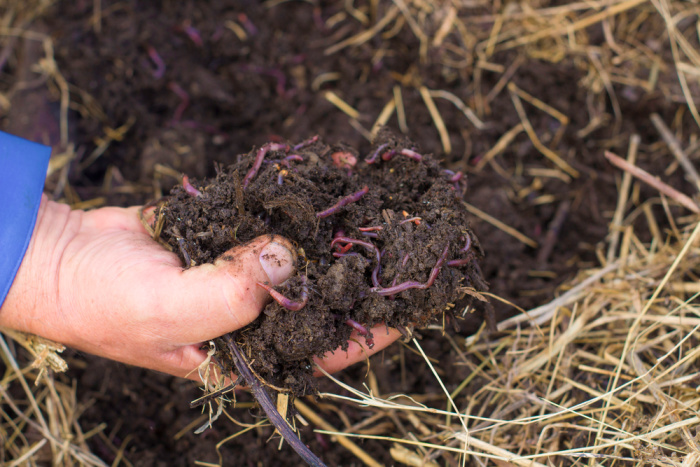
Hemp Mulch
Hemp Mulch: Hemp mulch is made from the stalks of hemp plants and is an eco-friendly alternative to traditional mulch. It is biodegradable, retains moisture, and adds nutrients to the soil.
It breaks down slower than other natural mulches and is lighter in weight so may blow away in windier areas.
Note that some areas consider hemp plants a noxious weed and thus the mulch is undesirable in those areas. Check local laws.
Another con of hemp mulch is it has a particular odor that some find offensive.
Bulk Mulch
Bulk mulch is sold in large quantities and is ideal for larger landscaping projects.
It is often more affordable than bagged mulch and is available in a variety of types.
I confess this is my favorite way to buy mulch, it is much more environmentally friendly than all those plastic bags going into landfills.
You can find bulk compost, bark chips, wood chips, and more at landscape suppliers. Some will deliver for a fee.
Gravel or Stone Mulch
Gravel or Stone Mulch: Gravel is a low-maintenance mulch that is great for areas where you want a very durable mulch that doesn’t degrade.
It can be a safer option in some regions that have high fire dangers as it is non-combustible.
Stone mulch is a low-maintenance mulch that is available in a variety of sizes and colors. It is ideal for landscaping beds and pathways and is often used in desert gardens.
Note the pros and cons of stone mulch:
Paul Hepperly, research and training manager at the Rodale Institute in a Mulch Materials Research Report had the following to say about using stone mulch: Durability is both the appeal and the drawback of stones as mulch.
They stay put and don’t degrade, which means they don’t need to be replenished but neither do they improve the soil.
Use in paths or around trees and shrubs about 1 inch deep for good weed control and water permeability.
Climate Concern: “In hot regions like the South, rocks can radiate heat and cause extreme temperatures around plants,” says Gary Wade, professor and extension coordinator at the University of Georgia. “This encourages water loss and can result in severe plant stress. On a hot day, rock mulches in full sun can cause the temperature around the plant to soar into the triple digits.” (source)
Non-Organic Mulches
I only add these to this list as they are available but I don’t use them in my garden!
Rubber Mulch
Rubber Mulch: Rubber mulch is made from recycled tires and is NOT an eco-friendly alternative to traditional mulch.
It is long-lasting, doesn’t attract pests, and many consider them excellent for areas that receive heavy foot traffic.
Why I don’t like it…
Rubber mulch is suspected of being toxic to plants, containing high levels of zinc which leaches into the soil, causing chlorosis.
It also poses health concerns, as it releases heavy metals, plasticizers, and accelerators into the environment.
Newspaper or Cardboard Mulch
Newspaper Mulch
Newspaper can be used as mulch in vegetable gardens.
Many claim it is a cheap and easy way to suppress weeds and retain moisture.
I prefer not to use them as you really don’t know how the paper or inks are manufactured and what chemicals may be present.
Though many claim they are safe there are a bazillion chemicals that are not required to be noted in manufactured products that I don’t want in my soil. (I know this because we owned a manufacturing company for several years)
Cardboard as Mulch
I also choose not to use cardboard in the garden as we don’t know where it has been manufactured.
Cardboard in Your Garden: Friend or Foe?
While the intentions behind using cardboard as mulch are commendable, there are several reasons why using cardboard in the garden may not be the ideal organic solution it is purported to be.
Especially using the numerous boxes from shipments or deliveries from who knows where.
Cardboard can contain chemicals, glues, and inks that can leach into the soil as they break down.
Some cardboard can also contain some plastics in them.
In conclusion, choosing the right type of mulch for your garden can make a big difference in the health and productivity of your garden plants.
Consider the specific needs of your garden, such as soil type, moisture levels, and plant preferences, when selecting a mulch.
Also, research the types of mulch you are considering in depth and make sure you are doing more good for your garden than adding potential hazards.
